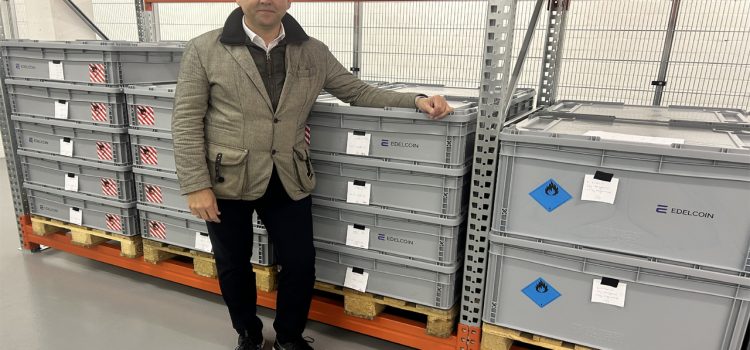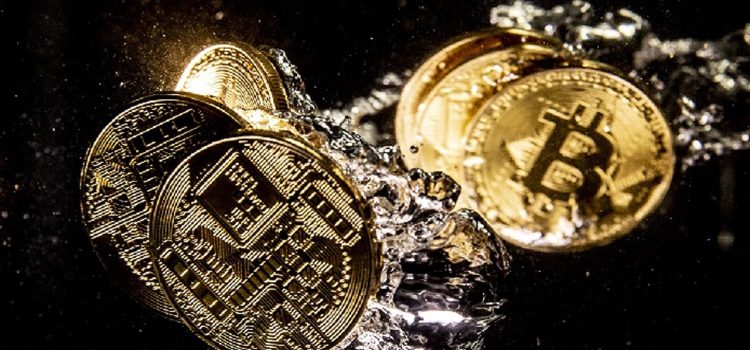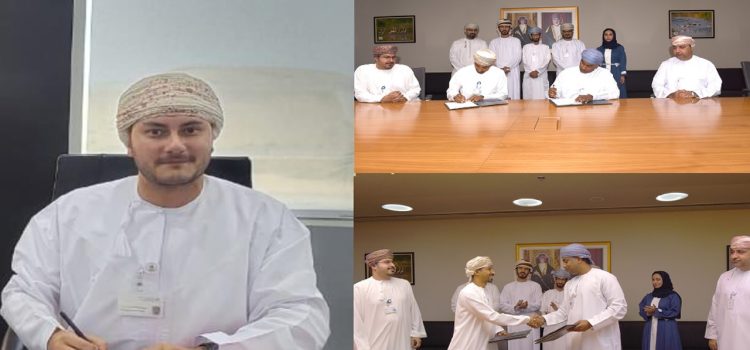
Given the focus in the past months on the topic of stablecoins, and with the launch of Paypal’s stablecoin pegged to the U.S. dollar, centered around discussions on how stablecoins will fair in the future, it is very interesting to see Edelcoin’ s launch of a stablecoin, not backed by the dollar or eyuan but backed by real world assets!
Paypal in its press release for example stated, fully-backed, regulated stablecoins have the potential to transform payments in web3 and digitally native environments. Today the stablecoin market is a $120 billion according to data from TradingView yet it is expected to grow to $2.8 trillion in the next according to broker Bernstein research report released this month.
Yet stablecoins face challenges include regulatory uncertainty, technical vulnerabilities, market fluctuations, and liquidity issues. Here is how Edelcoin comes in. It is a stable payment token potentially inversely correlated to inflationary fiat currencies. According to its creators as a payment token decoupled from monetary policies and fiat currencies, Edelcoin serves as an effective hedge against inflation. Edelcoin is backed by real-world assets.
The Edelcoin payment token, issued out of Switzerland is backed by a basket of pre-existing precious and base metals. The Edelcoin basket is structured to be less volatile than single asset-backed tokens, providing a stable or low volatile store of value, detached from inflationary fiat currencies, independent from monetary policies. The Edelcoin token is issued as ERC-20 Token on Ethereum blockchain followed by additional EVM compatible chains and traded on centralized and crypto exchanges (secondary market).
Each Edelcoin has an excess reserve of backing metals, in total corresponding to 125% of the actual metals embodied by each Edelcoin. To learn more and understand this new concept of stablecoins, LaraontheBlock interviewed Edelcoin’s Founder Andreas Wiebe to learn more about the benefits of Edelcoin how stablecoins backed by dollar will falter, and their interest in expanding into the MENA region.
1. What is Edelcoin and why should a stablecoin backed by real assets be created? What are these global assets?
From my perspective, the only stablecoins that are truly stable are those backed by tangible resources like precious metals. Other underlying assets (such as other currencies, real estate, etc.) do not offer long-term security. Currently, Edelcoin is the only one globally backed by tangible resources like precious metals. Throughout history, precious metals have always been considered a form of security.
2. How does PayPal’s release of a USD-backed stablecoin contribute to the growth of the stablecoin market, and how does this fit into your plans for Edelcoin?
Anything backed by the dollar will already suffer significant losses in the upcoming year. We are already witnessing the global decline of the dollar. Now, the BRICS countries are introducing their own currencies, dealing a death blow to the dollar. The dollar has already lost its value. A 95% absolute decline! Worldwide, major countries are trying to sell off the dollar and exchange it for precious metals or other currencies.
3. What is Edelcoin linked to in terms of precious metals? Who owns it? Who stores it for you?
Edelcoin is tied to a basket of precious and industrial metals, providing absolute security. The precious metals are stored in vaults in Europe and Switzerland. These assets belong to our partners, who have collectively deposited them with us as the issuer.
4. How can Edelcoin users benefit?
First and foremost, I would recommend everyone to invest 10-20% of their fiat holdings into Edelcoin, thereby diversifying their overall portfolio. Additionally, the market anticipates a rise in precious metal prices, which will lead to a stable value appreciation of Edelcoin.
5. How is Edelcoin regulated?
Edelcoin is a Swiss company and has been accepted and reviewed as a payment stablecoin by the Swiss Financial Market Supervisory Authority (FINMA). Swiss regulation is widely recognized as extremely secure and trustworthy worldwide.
6. Do you have plans to expand into the MENA and GCC regions, and how?
Absolutely! There is already a blueprint in multiple directions: We are working to integrate Edelcoin into the financial landscape of the MENA and GCC regions, including trading platforms, as well as invest in the economies of the entire MENA and GCC regions.
7. Where and when will Edelcoins be traded?
At launch, we already have six exchanges: XT.com, Probit, BitForex, Blocktrade, LBank, and MEXC. Edelcoin is tradable on XT from August 14.
8. How can Edelcoin be used as a form of payment, given that precious metal prices are not stable?
Precious metals, backing up each EDLC are industrial metals and looking into historical perspective, these metals show an upward trend. More information on backing metals are here: https://edelcoin.com/transparency/
Edelcoin is accepted as a digital currency and can be spent in businesses that accept cryptocurrencies, much like Bitcoin. Additionally, we are working on installing ATM machines in several countries, enabling easy deposit and withdrawal of fiat currencies for enhanced flexibility.
9. Can users exchange their coins for the actual precious metals they are linked to?
Of couse! On the Edelcoin website, there is a “Boutique” section where anyone can exchange their Edelcoins for silver and gold coins – to my knowledge, no one else offers this!
10. How do you envision the future of stablecoins and crypto payments, and how can businesses, governments, and organizations benefit from them?
In my view, there will be a future return to currencies backed by precious metals. A stable currency spells success and security for any business engaged in buying and selling. Such certainty can only be provided by a currency that is 100% backed. Pension funds and trading companies dealing with resources like oil, gas, and other commodities will find a solution and use the stability of Edelcoin.
11. Any other news or updates that Edelcoin would like to share?
In the next three months, we will be installing the first ATMs in Europe and Asia. Contracts with currency exchanges have already been finalized. We are open to further partnership inquiries. Please reach us at partner@edelcoin.com










